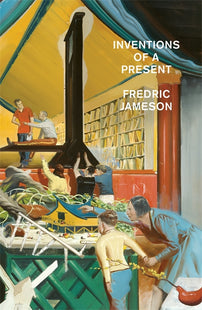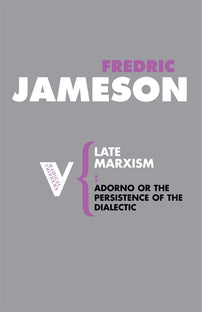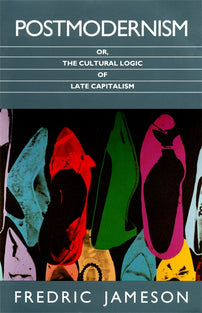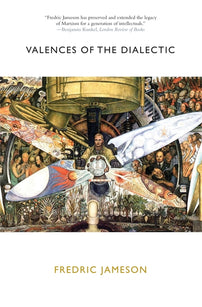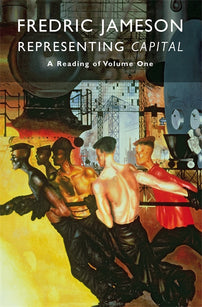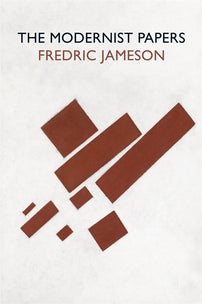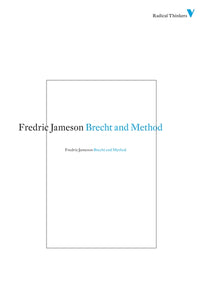Fredric Jameson, 1934-2024
In Fredric Jameson's death, we have lost one of the most important Marxist cultural critics on the twentieth century. Terry Eagleton reflects here on Jameson's humility, generosity, and unrivalled erudition.

I first met Fred Jameson in 1976, when he invited me to teach his graduate students at the University of California, San Diego. Before then I had known of his existence only through the stunning Marxism and Form, published five years earlier, a set of coruscating accounts of thinkers such as Lukacs, Benjamin, Adorno, Ernst Bloch and others. The book’s very title throws down the gauntlet to a dreary lineage of vulgar Marxist criticism. It also deals with a number of German works, some of them bristling with difficulties, which had not then been translated into English.
I was convinced, then, that the name Fredric Jameson was probably a pseudonym for Hans-Georg Kaufmann or Karl Gluckstein, a refugee from Mitteleuropa holed up in southern California. The man I met, however, who greeted me with a brusqueness which I later learned was shyness, was as American as Tim Walz, though one suspects that Walz doesn’t slink away to read the latest Czech fiction over a glass of wine. He used expressions like ‘look it’ and ‘holy shit’, wore denim jeans, enjoyed eating turf ‘n surf and was clearly uncomfortable in the presence of patrician French intellectuals, much preferring the genial, outgoing Umberto Eco. All this was authentic enough; but he was also an intellectual in a civilisation in which such creatures are well advised to appear in disguise. Something of the same might be said of the mouth-filling rhetoric of his literary style, which functions as a mask as well as a mode of communication. Jameson was in some respects a private man pitched into the public sphere, travelling the world (we were to meet up later in China and Australia) while living in a remote farmhouse in the North Carolina countryside surrounded by goats and chickens and full of the sound of children. Children were particularly precious to him, and he has left behind him a veritable battalion of grandsons and granddaughters.
[book-strip index="1"]
He was without doubt the greatest cultural critic of his time, though the term ‘cultural critic’ is a mere placeholder for a kind of intellectual work spanning aesthetics, philosophy, sociology, anthropology, psychoanalysis, political theory and the like, for which we have as yet no adequate name. There was nothing in the field of the humanities which didn’t claim his attention, from film and architecture to painting and science fiction, and he seemed to have read more books than anyone else on the planet. He could talk about Parmenides as well as postmodernism, and when Stanley Kubrick’s film Barry Lyndon appeared, based on an obscure novel by Thackeray that nobody had heard of, one of his students confidently remarked ‘Fred will have read it’, and was probably right. He had a voracious American energy combined with a high European sensibility. He maintained that no Marxist criticism was worth much if it couldn’t engage with the shape of the sentences, and could detect a whole ideological strategy in a narrative turn or shift of poetic tone. Yet he also took the pulse of an entire civilisation, as in his classic essay on postmodern culture.
Literary critics don’t have much social function nowadays. It is part of Jameson’s achievement that he showed the rest of us how such modest academic figures might once again become public intellectuals, men and women whose influence spreads far beyond the conventional confines of literary studies. It is this that the amorphous word ‘theory’ has come to signify, and Jameson was the finest theorist of all.
[book-strip index="2"]

